Home>Gardening & Outdoor>Landscaping Ideas>What To Use To Kill Bermuda Grass
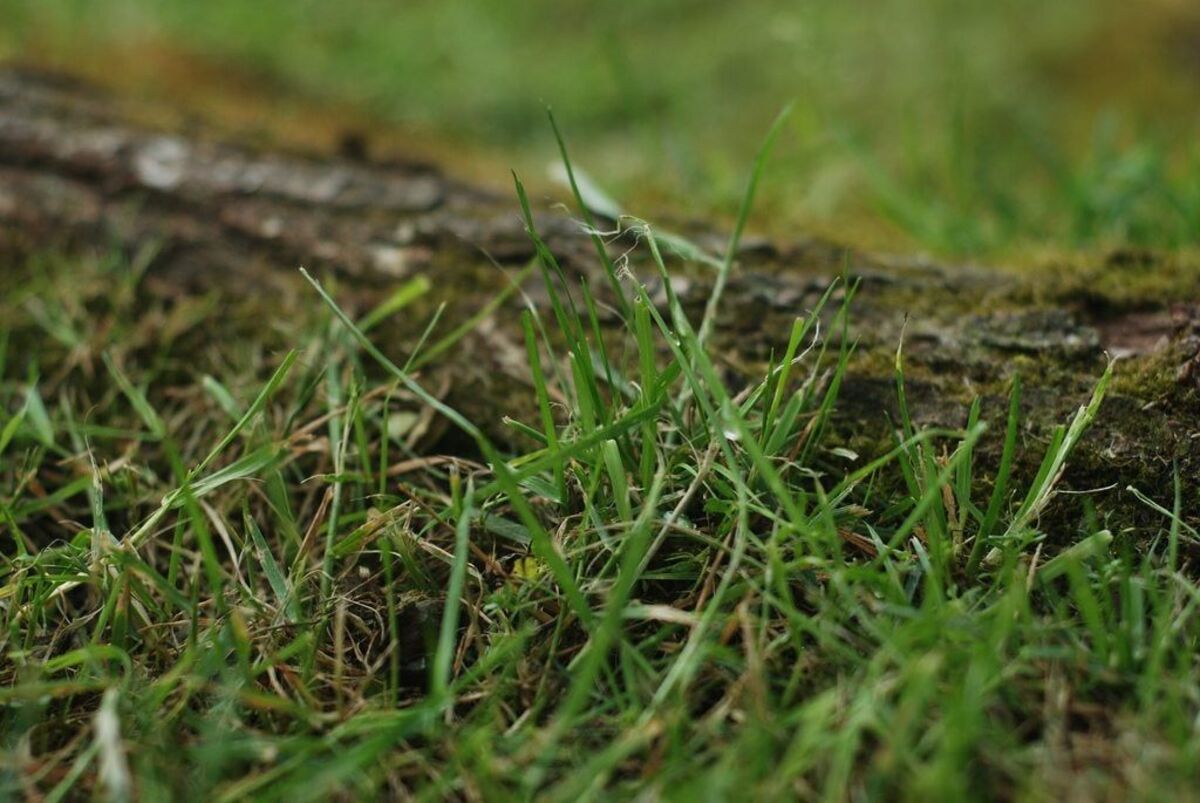

Landscaping Ideas
What To Use To Kill Bermuda Grass
Modified: March 26, 2024
Looking for effective landscaping ideas to kill Bermuda grass? Discover the best methods and products for tackling this common lawn problem. Achieve a pristine yard with our expert tips.
(Many of the links in this article redirect to a specific reviewed product. Your purchase of these products through affiliate links helps to generate commission for Storables.com, at no extra cost. Learn more)
Introduction
Welcome to the battle of the Bermuda grass! Taming your lawn can sometimes feel like a never-ending struggle, especially when it comes to controlling the relentless spread of Bermuda grass. This invasive and stubborn grass variety can quickly take over your carefully curated lawn, leaving you scrambling for effective eradication methods. Fortunately, there are several approaches you can take to reclaim your turf and restore its lush green glory.
In this comprehensive guide, we will explore the various options available for eliminating Bermuda grass. Whether you prefer chemical herbicides, organic remedies, or manual labor, there’s a solution that aligns with your preferences and values. By understanding the strengths and considerations of each method, you can make an informed decision that suits your specific needs and environmental concerns. So, gear up and get ready to bid farewell to Bermuda grass as we delve into the arsenal of solutions at your disposal.
Key Takeaways:
- Say goodbye to Bermuda grass with targeted chemical herbicides, eco-friendly organic remedies, or hands-on mechanical methods. Choose the approach that suits your values and lawn care preferences for lasting results.
- Understand Bermuda grass’s resilience and choose a tailored strategy to reclaim your lawn. Combine chemical, organic, and mechanical methods for effective, sustainable control.
Read more: What Kills Weeds But Not Bermuda Grass
Understanding Bermuda Grass
Before diving into the eradication methods, it’s essential to grasp the nature of the nemesis at hand: Bermuda grass. This persistent warm-season grass, scientifically known as Cynodon dactylon, is renowned for its vigorous growth and resilience in various climates. While it’s a popular choice for lawns, sports fields, and golf courses due to its durability and rapid regrowth, its aggressive nature can pose a significant challenge for those seeking a well-manicured lawn.
Bermuda grass spreads through both seeds and an extensive network of underground rhizomes, enabling it to quickly colonize bare patches and invade neighboring turf. Its deep root system and drought tolerance further contribute to its tenacious survival, making it a formidable foe for homeowners and gardeners.
Recognizing Bermuda grass is crucial for effective control, as its ability to thrive in diverse conditions demands a strategic and persistent approach. Whether it’s infiltrating flower beds, encroaching on garden borders, or encircling ornamental plants, this grass can be relentless in its quest for dominance.
By understanding its growth patterns, propagation methods, and resilience, you can better appreciate the challenges involved in eradicating Bermuda grass. Armed with this knowledge, you’ll be better prepared to explore the array of solutions available, each tailored to combat this formidable green invader.
Chemical Herbicides
When it comes to battling Bermuda grass, chemical herbicides are a popular choice for their potent and targeted approach. These synthetic compounds are formulated to disrupt the growth and vitality of unwanted plants, including the invasive Bermuda grass. Before using any chemical herbicide, it’s crucial to carefully read and follow the instructions provided by the manufacturer to ensure safe and effective application.
One of the most commonly used herbicides for Bermuda grass control is glyphosate, a non-selective systemic herbicide that effectively kills a wide range of plant species upon contact. It’s important to note that glyphosate is non-discriminatory, meaning it will also harm desirable plants if not applied with precision. Therefore, it’s best suited for spot treatments rather than widespread application in lawns with mixed vegetation.
For lawns predominantly infested with Bermuda grass, selective herbicides containing active ingredients such as fluazifop, sethoxydim, or fenoxaprop are recommended. These herbicides are designed to target specific grassy weeds while minimizing harm to surrounding turfgrasses. Selective herbicides offer a more nuanced approach to weed control, allowing you to combat Bermuda grass without jeopardizing the health of your entire lawn.
Before selecting a chemical herbicide, consider the environmental impact, application requirements, and potential effects on non-target plants. Additionally, be mindful of local regulations and restrictions regarding the use of herbicides to ensure compliance with legal and environmental standards.
When applying chemical herbicides, it’s essential to exercise caution to prevent unintended harm to beneficial plants, wildlife, and the broader ecosystem. Proper protective gear, precise application techniques, and adherence to safety guidelines are imperative to minimize risks associated with chemical herbicide use.
While chemical herbicides offer a powerful solution for Bermuda grass control, it’s important to weigh their efficacy against potential environmental implications and the need for responsible application practices.
To kill Bermuda grass, use a non-selective herbicide containing glyphosate. Apply it on a sunny day when the grass is actively growing for best results.
Organic Herbicides
For those seeking a more environmentally friendly approach to combatting Bermuda grass, organic herbicides provide a natural alternative to synthetic chemicals. These plant-based or naturally derived products offer effective weed control while minimizing potential harm to the surrounding ecosystem and beneficial organisms. While organic herbicides may require more frequent applications and patience, their sustainable and eco-conscious nature appeals to many conscientious gardeners.
Acetic acid, commonly known as vinegar, is a popular organic herbicide that can be used to target Bermuda grass. When applied in concentrated form, vinegar acts as a desiccant, effectively drying out the foliage of unwanted plants. It’s important to use vinegar with a high acetic acid concentration, typically 10% or higher, for optimal weed control. However, caution must be exercised when using vinegar-based herbicides, as they can also affect desirable plants if not applied judiciously.
Citrus-based organic herbicides, derived from the essential oils of citrus fruits, offer another natural option for combating Bermuda grass. These products contain active compounds that disrupt the cellular membranes of weeds, leading to their eventual demise. While citrus-based herbicides are considered relatively safe for the environment, it’s essential to follow application guidelines to minimize unintended impact on non-target vegetation.
Additionally, herbicidal soaps, which consist of fatty acids derived from plant or animal sources, can be utilized to control Bermuda grass in a gentle yet effective manner. These soaps disrupt the cellular structure of weeds upon contact, leading to their gradual deterioration. Herbicidal soaps are biodegradable and pose minimal risk to the environment, making them a preferred choice for environmentally conscious gardeners.
When using organic herbicides, it’s important to recognize that their mode of action and efficacy may differ from synthetic counterparts. Patience and consistent application may be required to achieve desired results, as organic herbicides often necessitate repeated treatments to effectively suppress Bermuda grass and prevent its regrowth.
While organic herbicides offer a greener approach to weed control, it’s essential to consider their limitations and application requirements to make informed decisions aligned with your environmental values and weed management goals.
Mechanical Methods
For those who prefer a hands-on approach to managing Bermuda grass without resorting to chemical or organic herbicides, mechanical methods provide effective alternatives that leverage physical labor and strategic techniques. These methods are particularly appealing to individuals who prioritize sustainability and prefer to minimize the use of external substances in their lawn care practices.
One of the most common mechanical methods for controlling Bermuda grass is hand-pulling, which involves manually uprooting the invasive grass from the soil. While this method can be labor-intensive, especially in large infested areas, it offers precise control and allows for the selective removal of Bermuda grass without affecting surrounding vegetation. It’s essential to ensure thorough root removal during hand-pulling to prevent regrowth, making this approach particularly effective for small-scale infestations and targeted weed management.
Another mechanical method that can be employed to combat Bermuda grass is the use of specialized tools such as dethatchers, sod cutters, or manual edgers. These tools facilitate the physical removal of Bermuda grass runners and rhizomes, disrupting their growth and hindering their ability to spread. By systematically addressing the root structures and above-ground growth of Bermuda grass, these tools offer a non-chemical means of suppressing its expansion and promoting a healthier lawn environment.
Regular mowing at the appropriate height can also aid in managing Bermuda grass infestations, as it helps weaken the vigor of the invasive grass and prevents it from overshadowing desirable turf species. Consistent mowing at the recommended height for your specific grass type can discourage the dominance of Bermuda grass and promote a more balanced and resilient lawn ecosystem.
Furthermore, creating physical barriers such as edging or landscape fabric can help contain the spread of Bermuda grass, preventing its encroachment into flower beds, walkways, and other landscaped areas. These barriers serve as a deterrent, impeding the lateral expansion of Bermuda grass and providing a protective buffer for vulnerable garden spaces.
While mechanical methods require physical exertion and ongoing maintenance, they offer a sustainable and chemical-free approach to Bermuda grass control. By integrating these techniques into your lawn care regimen, you can actively manage invasive grass species while fostering a thriving and harmonious outdoor environment.
Read more: What Is The Best Way To Kill Bermuda Grass
Conclusion
As you navigate the challenges of Bermuda grass management, it’s important to recognize that no single approach fits all scenarios. The battle against this resilient invader requires a tailored strategy that aligns with your preferences, environmental considerations, and the specific characteristics of your lawn. Whether you opt for chemical herbicides, organic remedies, or mechanical methods, each approach offers unique advantages and considerations to address the persistent presence of Bermuda grass.
Chemical herbicides provide a potent and targeted solution for controlling Bermuda grass, offering effective weed suppression when applied with precision and adherence to safety guidelines. However, it’s crucial to weigh their efficacy against potential environmental impacts and exercise caution to minimize unintended harm.
Organic herbicides offer a natural and environmentally conscious alternative for those seeking sustainable weed control methods. While they may require more frequent applications and patience, their eco-friendly nature resonates with individuals committed to minimizing chemical inputs in their landscape management practices.
Mechanical methods present a hands-on and sustainable approach to Bermuda grass management, leveraging physical labor and strategic techniques to suppress the invasive grass without relying on external substances. While labor-intensive, these methods offer precise control and align with a holistic approach to lawn care.
Ultimately, the most effective Bermuda grass control strategy may involve a combination of these approaches, tailored to suit the unique characteristics of your lawn and your personal preferences. Integrating targeted chemical treatments with sustainable organic practices and proactive mechanical interventions can yield comprehensive and enduring results in your ongoing battle against Bermuda grass.
By understanding the strengths and considerations of each method, you can make informed decisions that align with your values and contribute to the long-term health and beauty of your lawn. Embracing a multifaceted approach to Bermuda grass management empowers you to reclaim your outdoor space and cultivate a vibrant, resilient landscape that thrives in harmony with nature.
Frequently Asked Questions about What To Use To Kill Bermuda Grass
Was this page helpful?
At Storables.com, we guarantee accurate and reliable information. Our content, validated by Expert Board Contributors, is crafted following stringent Editorial Policies. We're committed to providing you with well-researched, expert-backed insights for all your informational needs.
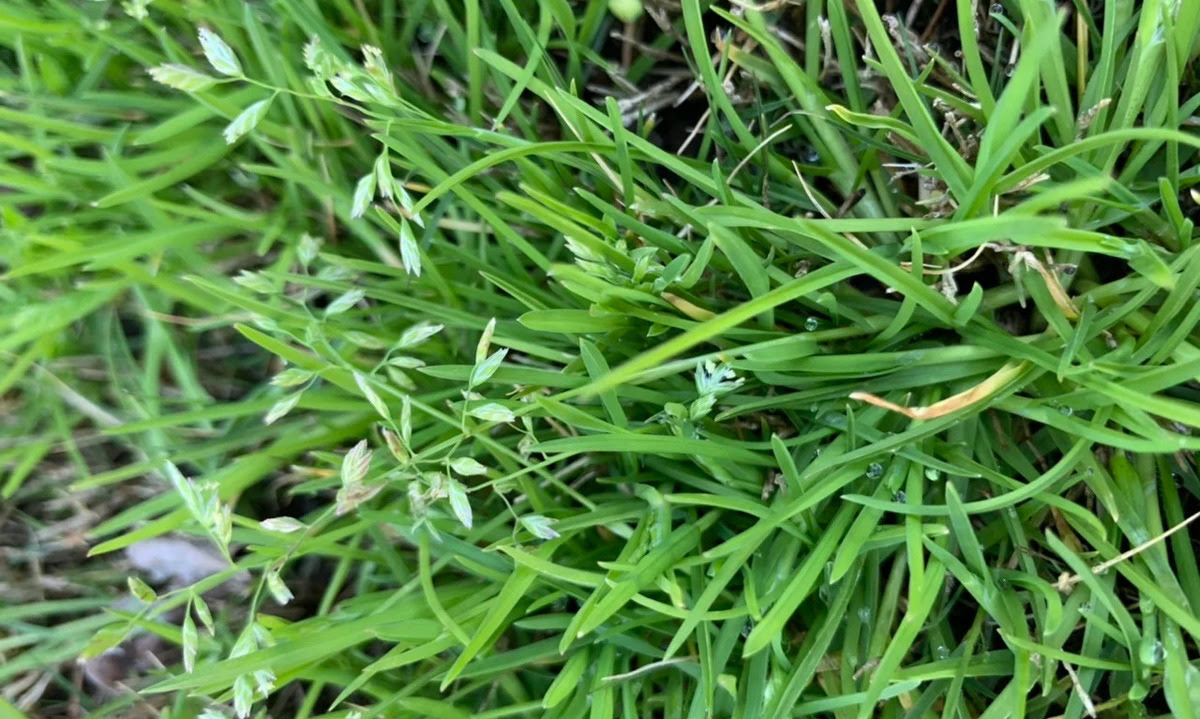
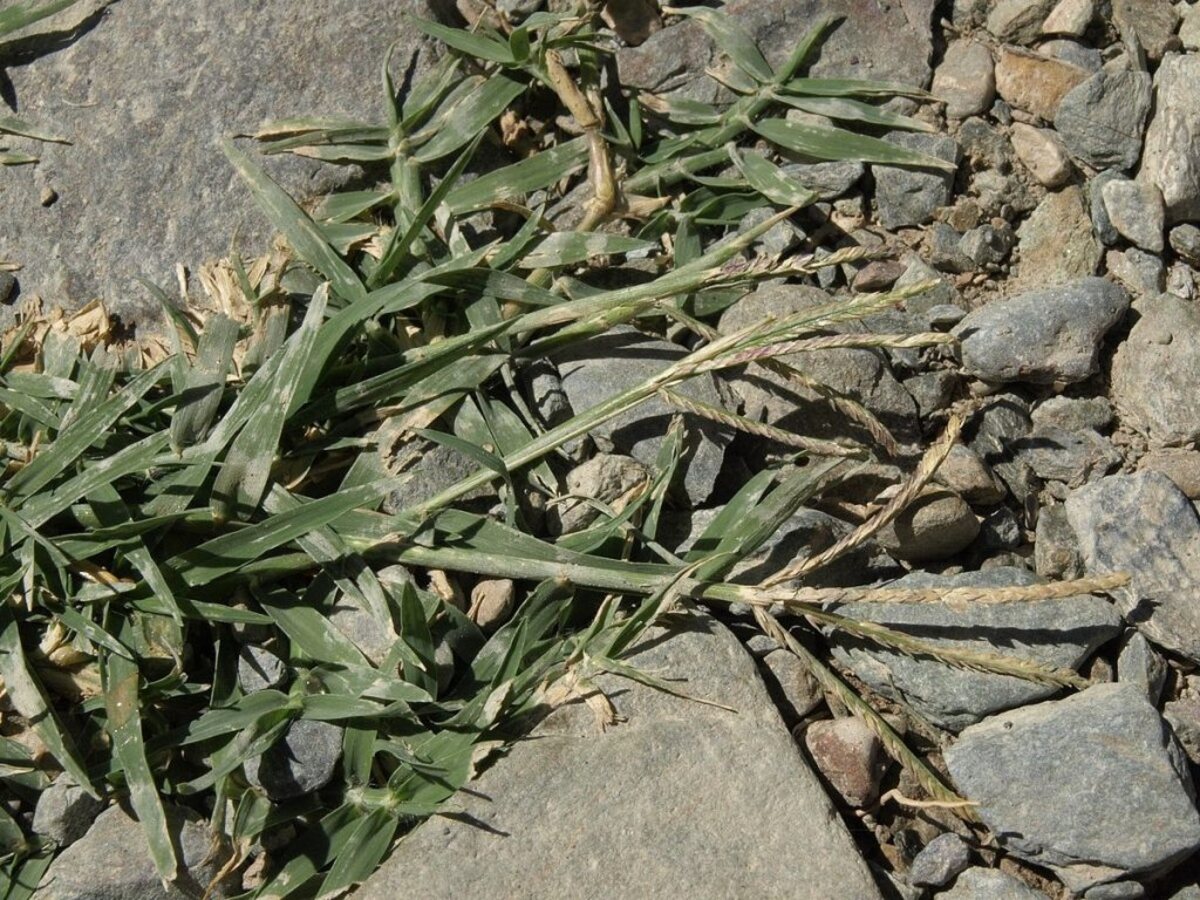
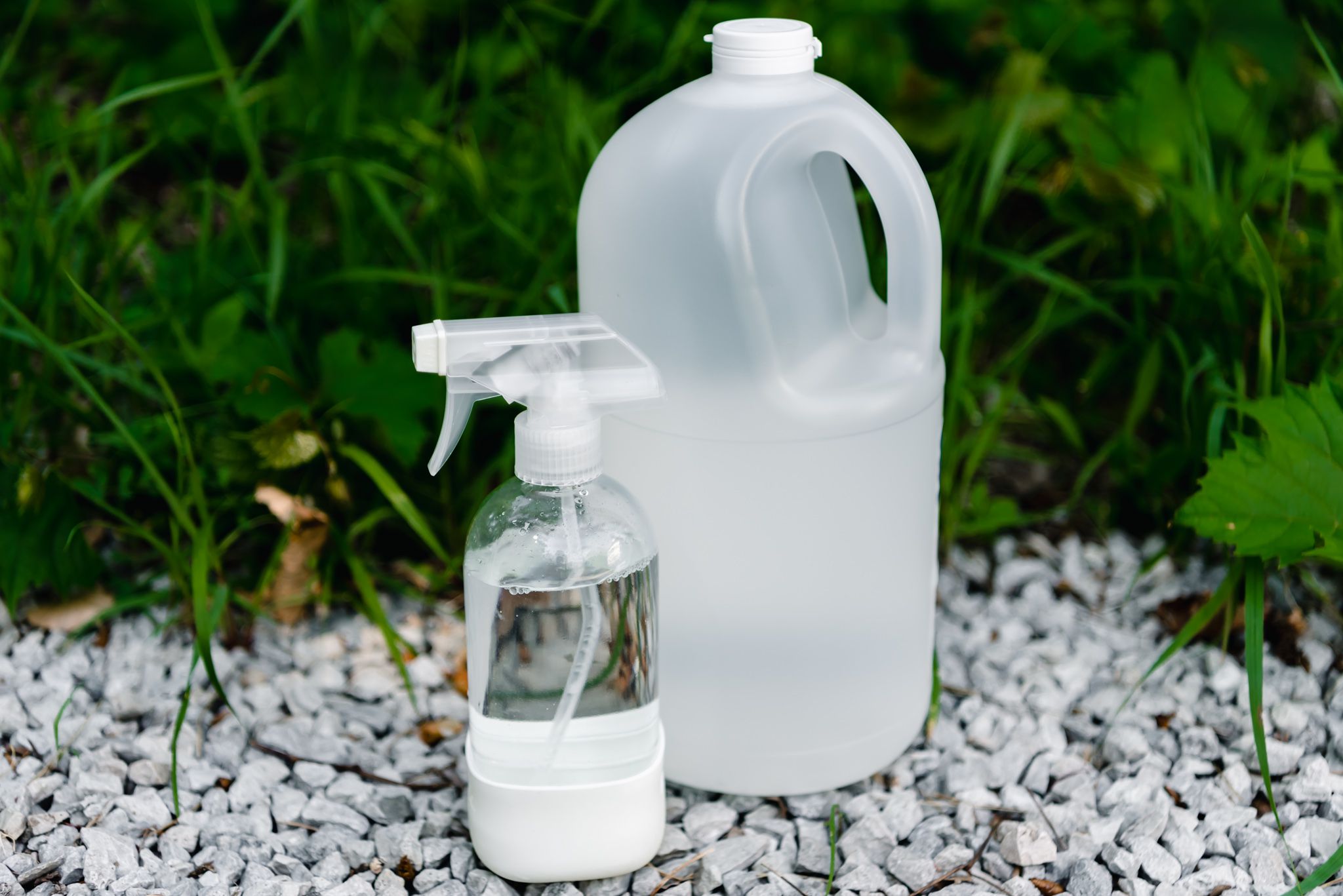
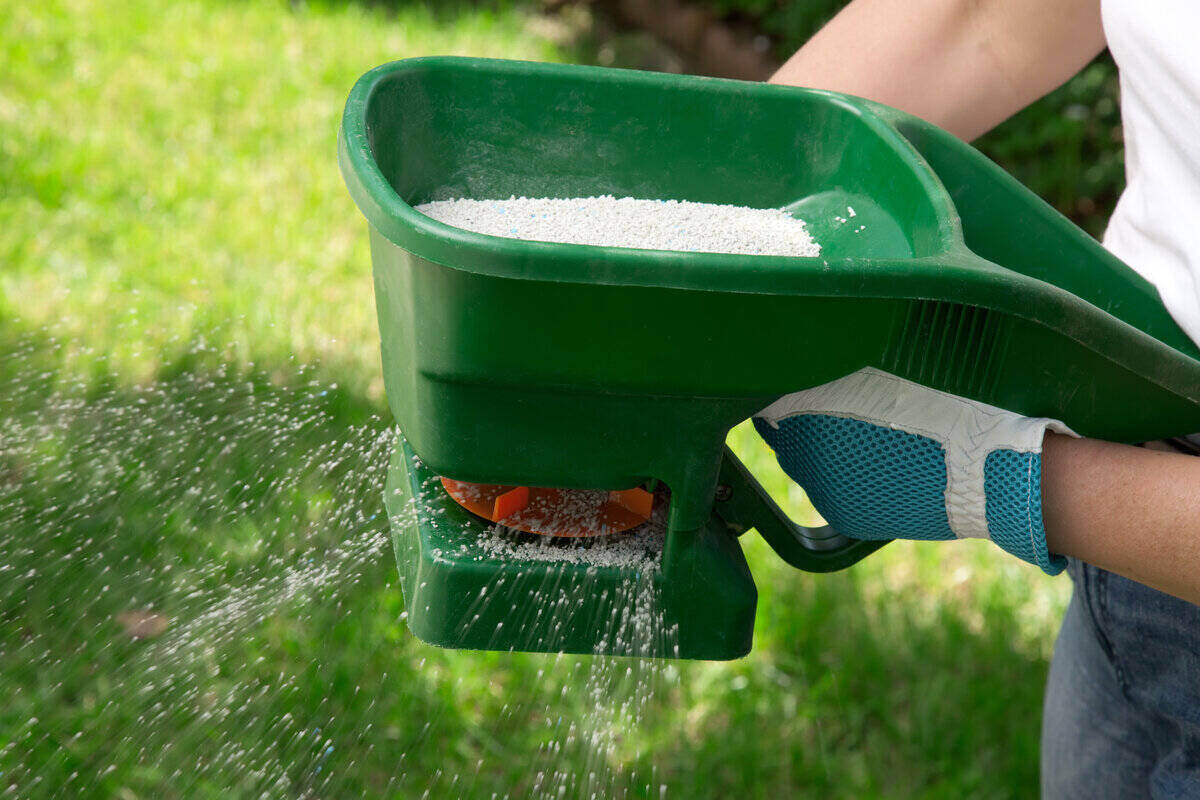
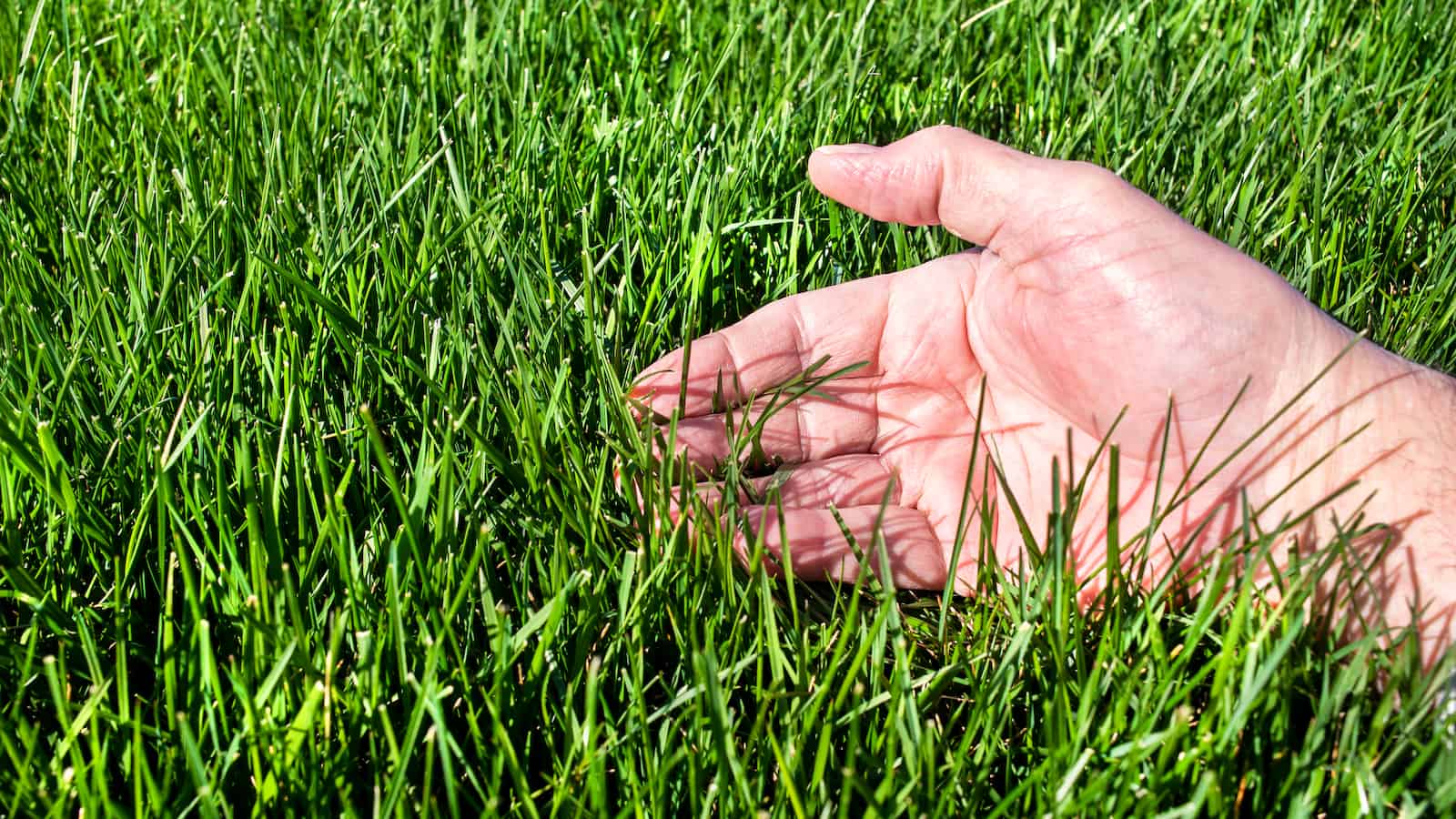

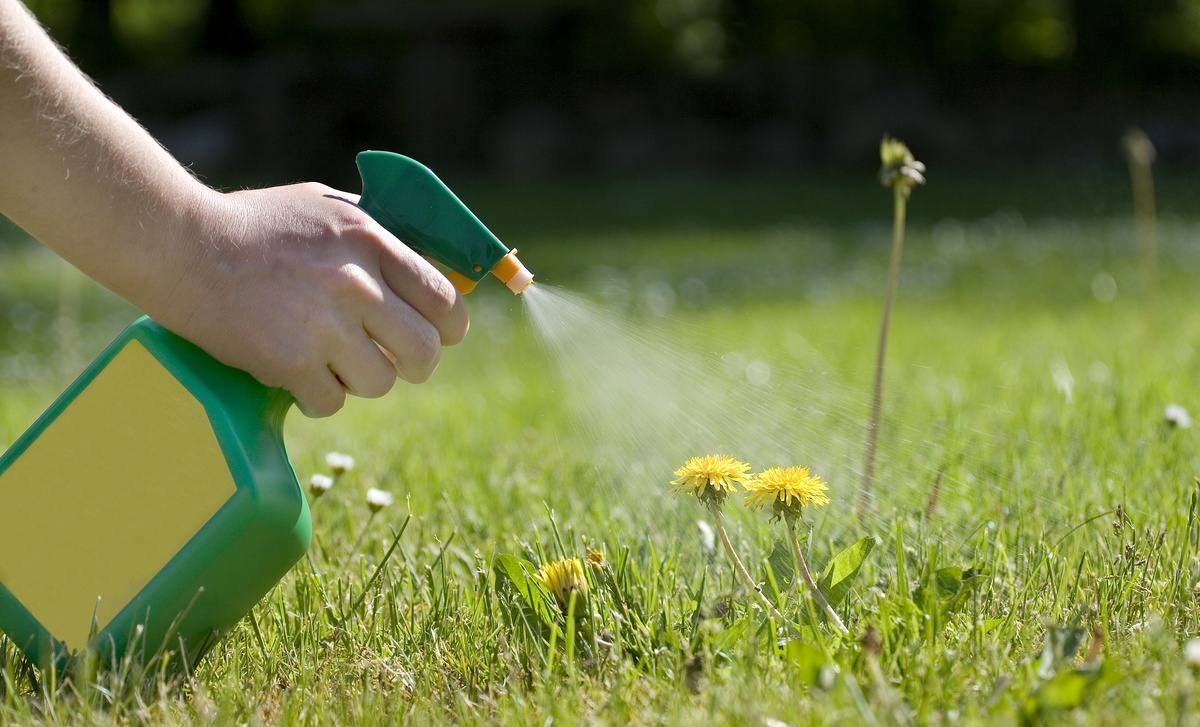
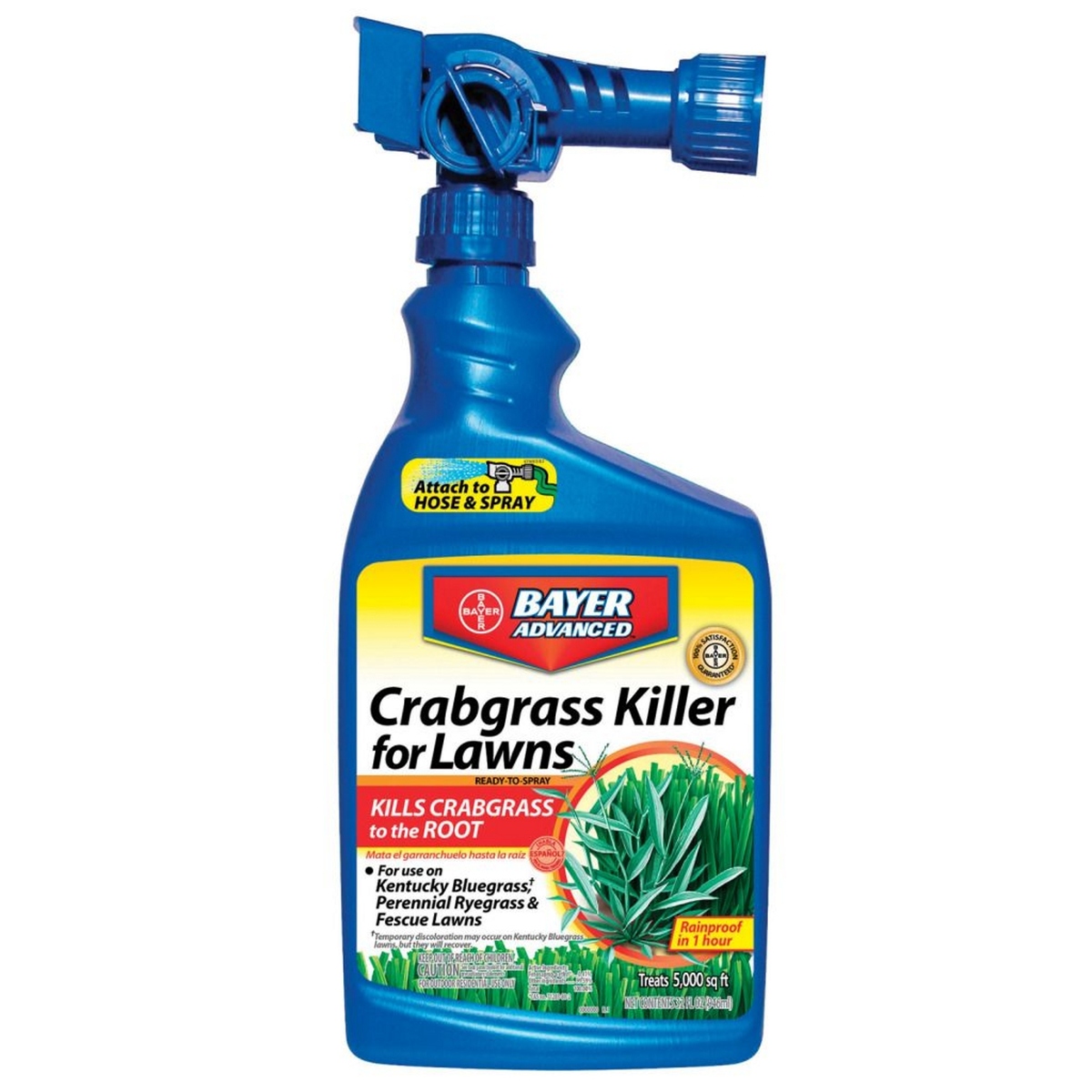
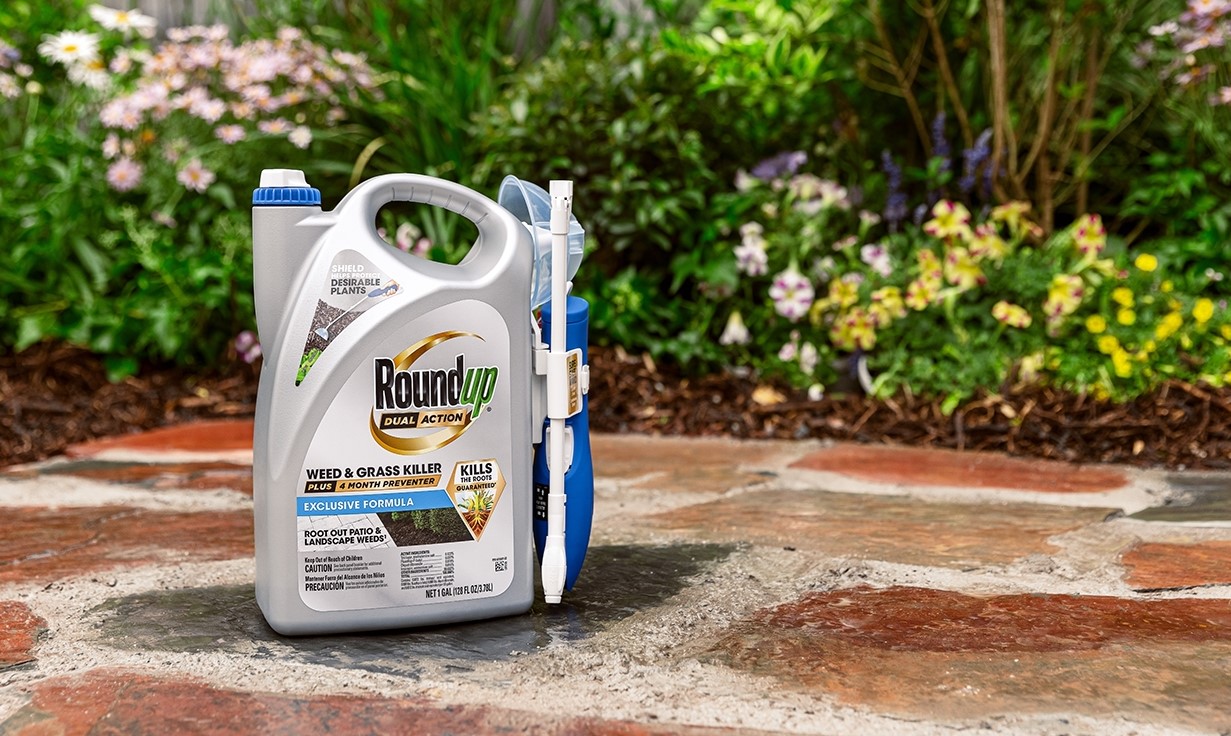
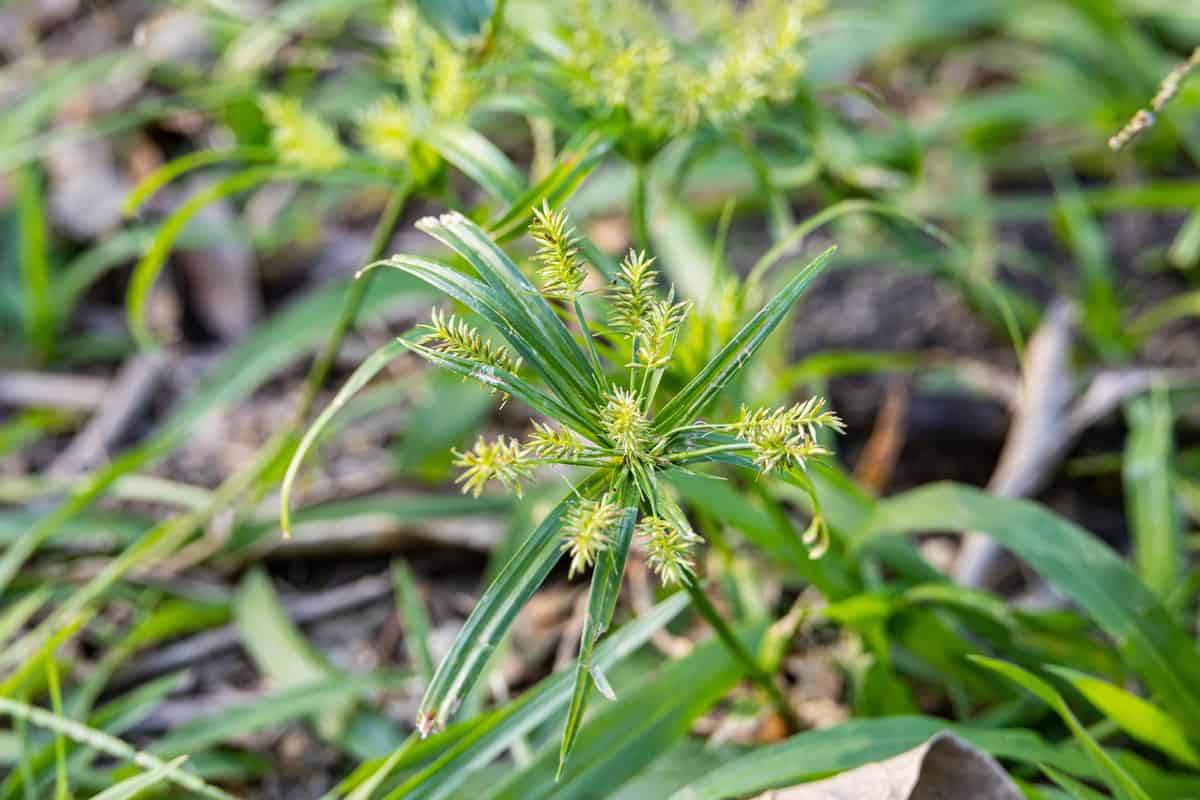
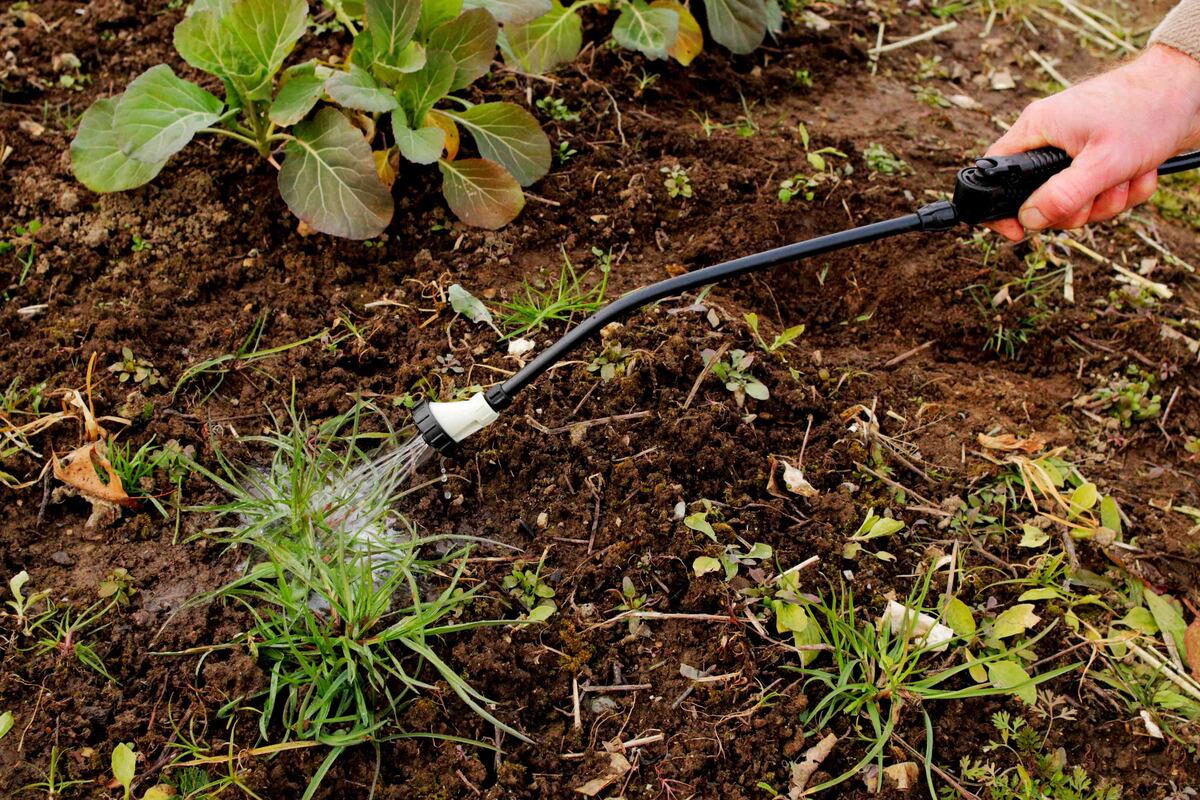
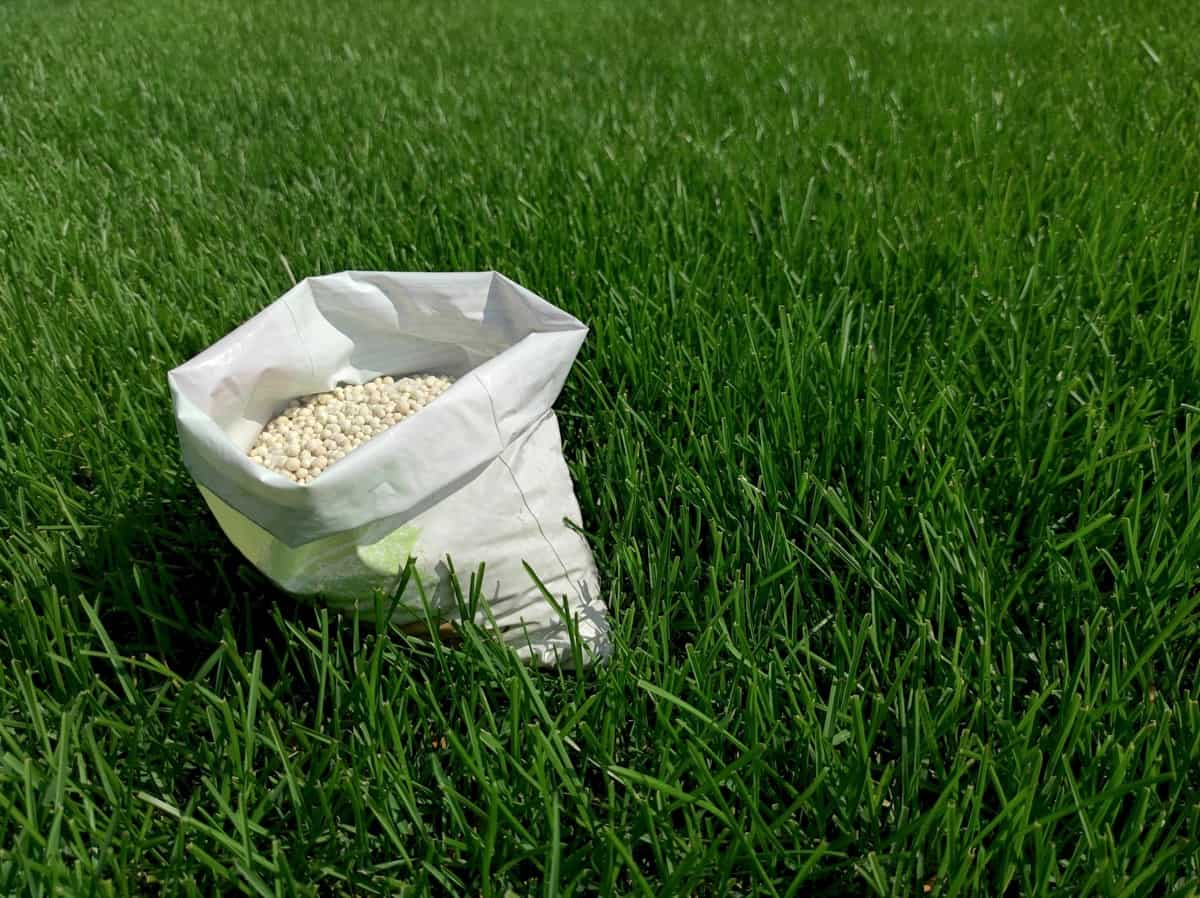
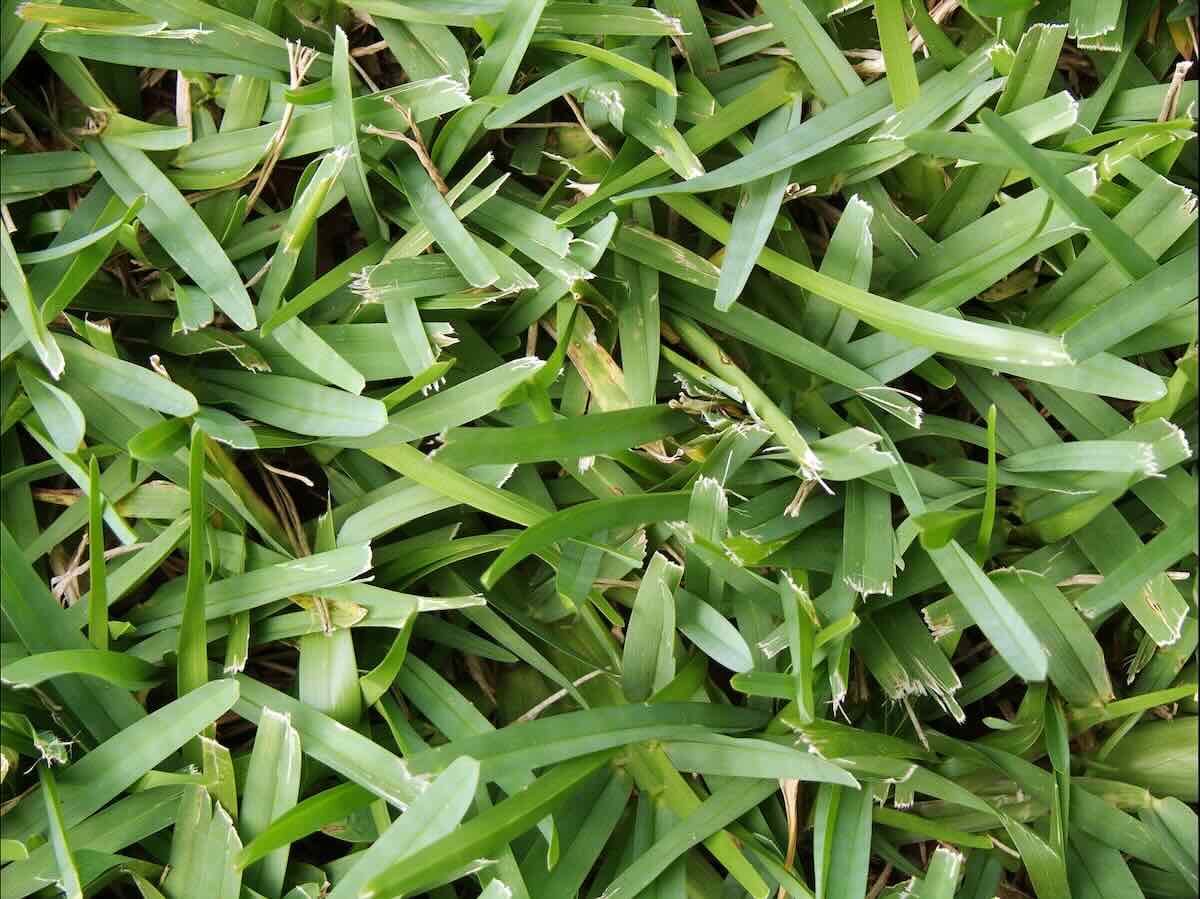


0 thoughts on “What To Use To Kill Bermuda Grass”